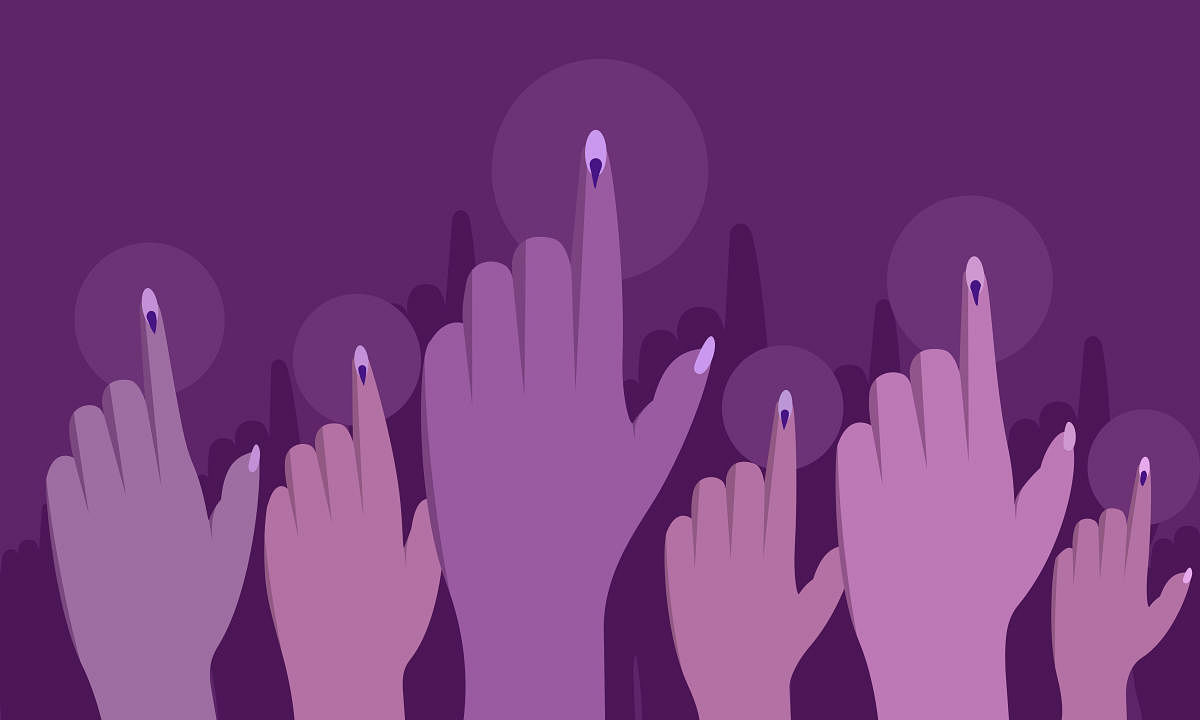
A King who observes his duty of protecting his people justly, according to law, goes to heaven, unlike the one who does not protect his people, or inflicts unjust punishment”
- Kautilya
Kautilya’s declaration, although mystical, reflects upon the current socio-political climate in India. The World Justice Project, an independent agency, has ranked India 69 out of 128 countries worldwide on the Global Rule of Law Index 2020.
Other developing countries like Brazil, Nepal and South Africa have scored better. The report reflects the deep divide that exists between the theory and practice of rule of law in India.
The WJP report serves as an alarm to the government of the repeated attempts being made to dilute the rule of law in India. Likely, there is only one answer to the question, ‘Howdy, Modi?- Everything is not alright with your India, Sir.’
Let us analyse the rule of law situation in India on the basis of WJP’s eight parameters.
Constraints on government powers: The ‘Question Hour’ in Parliament was suspended this monsoon session. Further, ignoring the farmers and labour unions’ demands for in-depth discussion, the government bulldozed its way through and ultimately got the farm and labour bills passed.
The Opposition’s efforts to exercise check and control over the government’s brazen action was not allowed in Rajya Sabha. Moreover, the apathetic treatment meted out to Amnesty International severely limited scrutiny by independent agencies over governmental powers.
Absence of corruption: Andhra Pradesh Chief Minister Jaganmohan Reddy, in a letter to Chief Justice of India Sharad Bobde, made allegations against a judge of the Supreme Court of judicial impropriety. Further, the question remains whether the Lokpal would actually be permitted to function independently such that it does not end up protecting the ‘big fish’ instead of punishing them.
Displaying a sign of diminishing accountability, Union Minister of State for Labour and Employment Santosh Kumar Gangwar, when asked whether the government had provided any compensation to the families of the migrant workers who had lost their lives during the pandemic, brazenly retorted: “the question does not arise as no such data (on deaths and job losses) is maintained”.
In yet another attempt to limit public intervention, the government has chosen not to call the Prime Minister Cares Fund a ‘public authority’, unlike other similar charity funds, in order to exempt its operations from public scrutiny and accountability under the Right to Information Act, 2005.
Further, within a few days of submitting his resignation from the IPS, the DGP of Bihar, Gupteshwar Pandey, joined the ruling Janata Dal(U)-led government leaving the citizens aghast and inquiring if he at all was apolitical and objective while discharging his public duties.
Fundamental rights: The Uttar Pradesh police proudly tweeted in December 2019 that it had got 103 criminals killed, 1,859 injured in 5,178 police engagements in the last two years. Extra-judicial, arbitrary or summary executions and enforced disappearances are antithetical to the rule of law.
Facebook and Google disclosed that the government had sought information of user accounts. Spyware Pegasus was used to hack security system of social media accounts and infect smartphones of social activists, journalists, political opponents etc, their personal data was recorded and locations tracked at all times.
Earlier, the Ministry of Home Affairs was said to have authorised 10 security and intelligence agencies to intercept any information stored in any computer resource. As such, the government agencies have access to an individual’s entire world stored in one’s smart phone or computer.
Order and security: The glaring lapses on the part of the Delhi Police with respect to taking timely action to control the February 2020 Delhi riots and the subsequent delays in investigating the scale of the violence, the loss of life and property and the resulting communal divide has cast serious doubts on the country’s order and security preparedness.
The government’s tacit support to instances of `Ghar Wapsi’, `Love Jihad’ and mob lynching has only strengthened the resolve of the miscreants.
Regulatory enforcement: Specialised independent regulatory authorities in India like the Reserve Bank of India and the Telecom Regulatory Authority of India (Trai) were created for efficient and effective governance in their specific sectors. However, over time, most have been reduced to mere bureaucratic and toothless agencies. The Trai has been unable to curb telecom major Reliance Jio’s alleged anti-competitive practices thereby raising serious questions on its capabilities. Further, by directing transfer of surplus capital maintained by RBI to pay its own debts, the government is systematically attacking its independence.
Civil justice: Reflecting the huge case backlog, the National Judicial Data Grid shows that more than 96 lakh and 36 lakh civil cases are pending, respectively, in the district and taluk courts, and the high courts. With the lower strength of judges, insufficient judicial officers and inadequate court infrastructure coupled with the cumbersome procedure and delays associated with the adversarial legal system, civil justice dispensation has been inaccessible, unaffordable and unavailable for millions of Indians.
Criminal justice: The citizens have been witnessing a crumbling of the criminal justice system in the country. In the Hathras rape case, the Uttar Pradesh police’s delay in filing the FIR, half-hearted and shoddy investigation, non-consideration of the victim’s dying declaration, casteist attitude towards the Dalit victim and her family, collusion with the alleged rapists, and the hasty cremation of the victim’s body depict the deep ills that plague the criminal justice system in the country.
The WJP Rule of Law report card for India is worrisome, yet the government is stubborn. Even if it is not for the citizenry, the government must obey and uphold rule of law.
(Prerna Dhoop is a human rights lawyer; Vandana Dhoop is an independent research consultant)